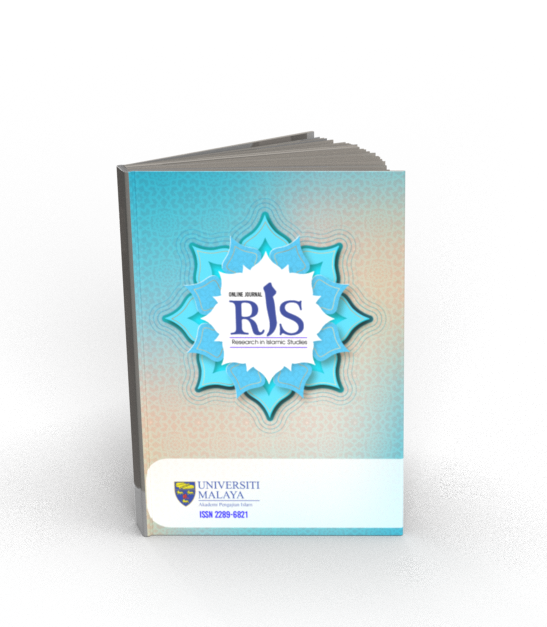Main Article Content
Abstract
In line with current global trends, social media in particular has become one of the most effective mediums for obtaining information, entertaining and spreading knowledge. Not to be left out, the development of various social media has greatly benefited both current and past generations. Born between 1995 and 2012, Generation Z is the first generation whose everyday life has been influenced by social media, the internet, and smartphones. Being the biggest generation in history, they have a big impact on the world development. However, Gen Z’s use of social media can impact their lives in both positive and negative ways. Therefore, this article discusses the issues and challenges of social media against Generation Z. Furthermore, it offers Quran and hadith as guidance to fortify Gen Z’s identity and help them overcome their issues. In order to obtain the necessary data, a qualitative method using a library research approach by researching books and journal articles was carried out. The study’s findings unveiled numerous issues and challenges arising from the utilization of social media. These include economic disparity, social inequality, data privacy concerns, mental health issues, time wastage problems, neglect of responsibilities, validity of information, loss of manners, and so forth. Furthermore, the study also provided recommendations derived from two primary sources of revelation. These suggestions encompass prioritizing life’s main objectives, utilizing time for worship, abstaining from negative influences, cultivating virtuous behavior, and other related aspects. Therefore, this study is important to reveal the impact and raise awareness to all parties to ensure the Muslim Generation Z are firm in their belief and steady faith.
Keywords
Article Details
Copyright (c) 2023 Online Journal of Research in Islamic Studies

This work is licensed under a Creative Commons Attribution-NonCommercial-ShareAlike 4.0 International License.
Copyright Notice
By submitting manuscripts to the Online Journal of Research in Islamic Studies (RIS), authors agree to transfer copyright to the journal. However, authors may republish their work or grant others permission to republish it; in which case it should be accompanied by a proper acknowledgment that the work was originally published in the Online Journal of Research in Islamic Studies (RIS). The journal adopt CC-BY-NC licence which authors may also share and distribute their article anywhere of non-commercial website, social media and repositories immediately on publication.
Authors may also reuse the Abstract and Citation information (e.g. Title, Author name, Publication dates) of their article anywhere at any time including social media such as Facebook, blogs and Twitter, providing that where possible a link is included back to the article on the journal site.
